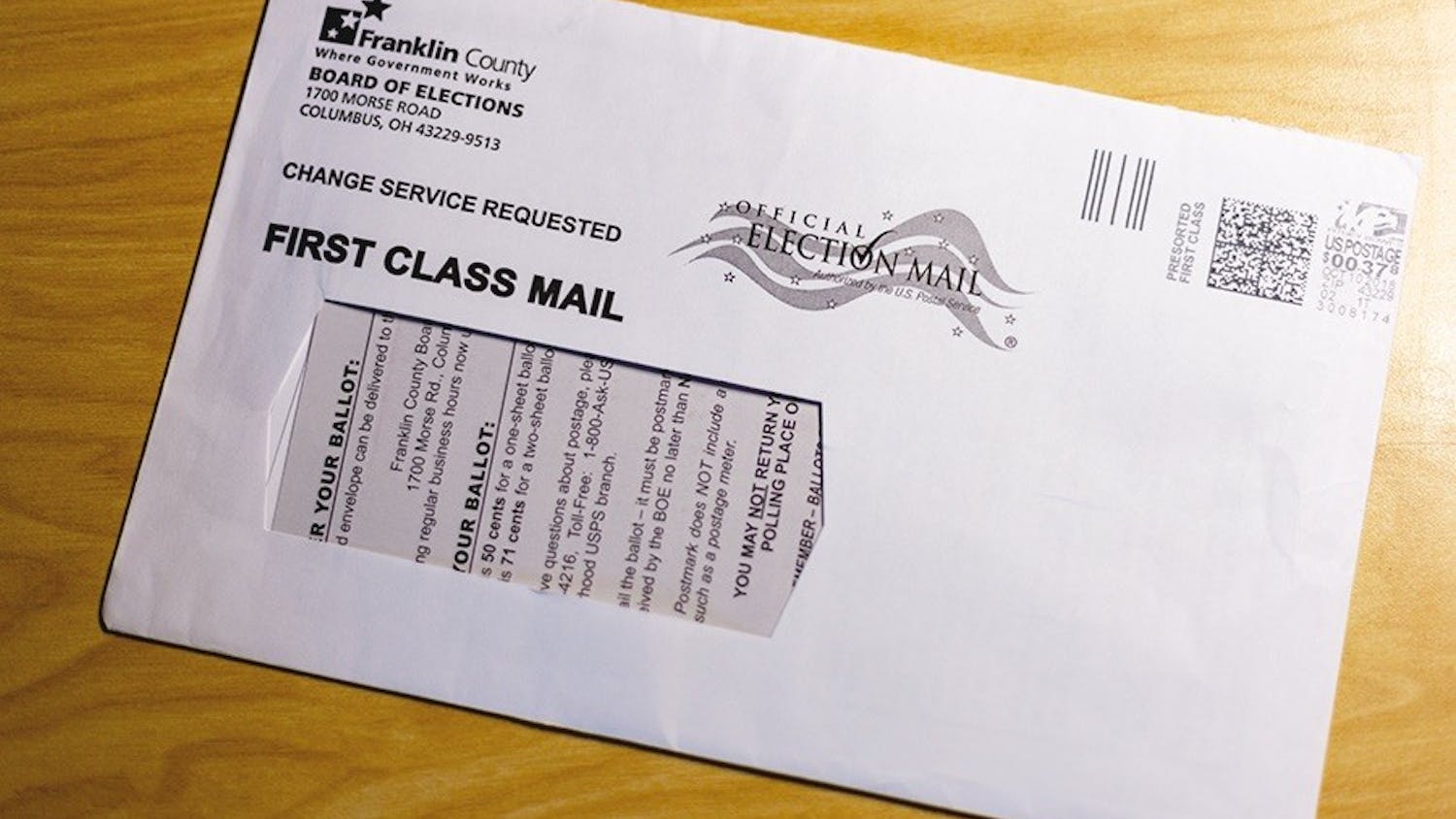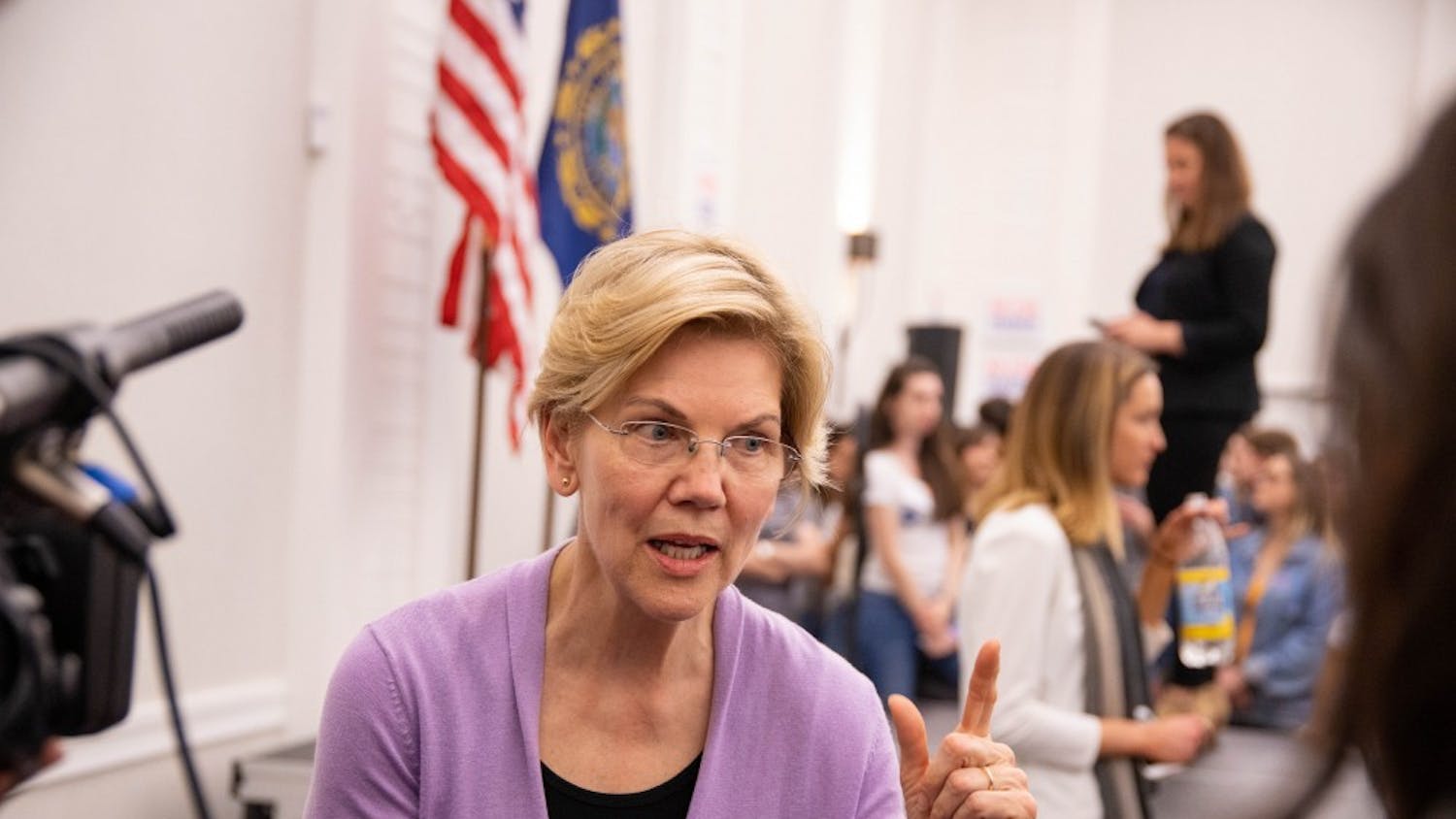When Indiana’s Democratic senator Birch Bayh launched his campaign to reform the American presidential election system in 1966, he aspired to dismantle the Electoral College by constitutional amendment. Recently, Bayh’s efforts have been reincarnated by Democrats whose presidential candidates have lost the presidency despite winning the popular vote. Instead of abolishing the Electoral College, though, both Bayh and the Democratic Party should take up a much easier, safer project that would achieve the same goal: abolishing the winner-take-all electoral system.
Criticism of the Electoral College has grown louder in recent years, especially since two of the last five presidential elections have been won by candidates who lost the popular vote by a substantial margin. In 2000, George W. Bush won the presidency despite losing the popular vote by just under half a million votes, and Donald Trump won in 2016 despite losing the popular vote by nearly three million votes. The fact that Bush won the presidency thanks to 537 votes which tipped Florida in his direction — despite losing the popular vote by a margin nearly 1,000 times as large — seems, and is, unfair. In most states, the winner-take-all system means that whoever wins the popular vote, even if barely, gets all of the state’s electoral votes.
That the Electoral College is written into our Constitution is no coincidence — our presidential elections are intentionally not decided by popular vote so that smaller states can influence the decision. And that’s a good thing — states with distinct governments are what makes the U.S. unique, affording Americans more choice in governance through the option to move. If small states essentially don’t all get a say in choosing the president, then a president who only accords with the few most populous states could be elected and the interests of smaller states could be totally disregarded.
Our country was carefully designed so that power is diffuse. Just as the judicial, legislative and executive branches balance one another, so too do the state and federal governments provide checks on one another. The president is elected by the states, not directly the people, to ensure that the two systems of government are accountable to one another.
The president nominates judges, acts as commander-in-chief of the military, controls much of foreign policy and, in recent years, is given wide latitude to rule through executive order. It is important, then, that even states that may be less populous not be entirely ignored. What’s more, if states lose more power to the federal government, all Americans lose some of the choice (we should have 50 unique governments to choose from, and which should represent us more accurately than the federal government does) that makes our country special, because they could be overruled by a president who only represents citizens in the handful of most populous states.
Our country was formed as a confederation of states, and diluting states’ power would be a considerable restructuring of our country’s fabric. The Electoral College’s distribution of electors ensures that Wyoming, for example, has a minimum of three votes. If electors were distributed entirely proportionally to population size, then Wyoming would have less than one elector to California’s 55. Sure, a Wyomingan’s vote would literally count for just as much as a New Yorker’s, but given how many more New Yorkers there are than Wyomingans, even if all of Wyoming voted as a bloc, they would be less than a drop in the bucket.
Even if you aren’t convinced that the Electoral College is important, changing the way that we allocate electors within it is a faster, more politically feasible alternative that achieves many of the same ends. The Electoral College is inscribed in the Constitution, making it difficult to change, but states are free to direct electors to vote however they wish. The choice to appoint electors in a winner-take-all manner is arbitrary. States can also choose to divide their electors based on the outcome of the popular vote in the state (Maine and Nebraska already do).
Everyone, regardless of their political beliefs, is shortchanged by the winner-take-all system. As a New Yorker, I know that presidential candidates have no reason to appeal to New Yorkers, because our state’s vote for the Democratic nominee is almost entirely guaranteed. Democrats have long been the majority in New York, and in a winner-take-all system, the Republican minority doesn’t matter. If, however, the margin by which a candidate won in New York did have an impact, then candidates would be incentivized to incorporate the needs of New Yorkers into their platforms. This is true of all states. The more people and states to which a president is accountable, the better.
If the presidential election doesn’t turn out how one party or the other wants it to, there will be calls again to abolish the Electoral College. But reorganizing the winner-take-all system is a much faster and more palatable solution to the disconnect between electoral and popular votes, and it doesn’t damage the intended distribution of power between state and federal government.



